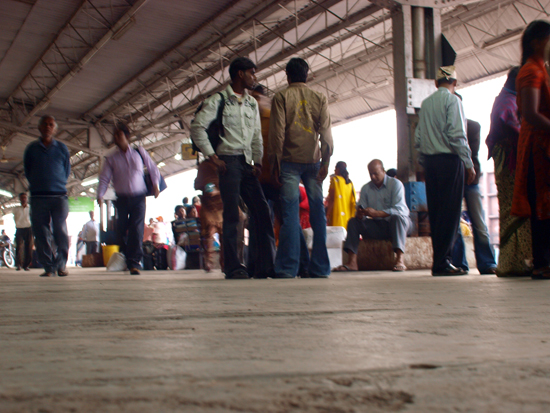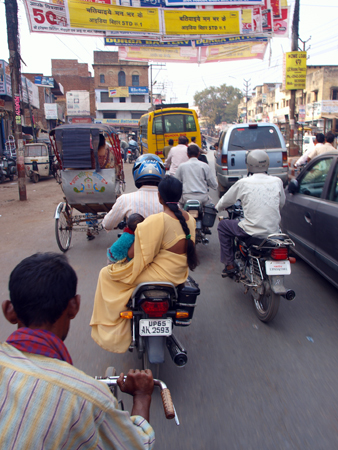Culture and Society: Time Orientation
Perception of Time
The majority of Indians are Hindus who regard time as a cyclical process of incarnation and reincarnation. Thus, time is not a fixed, objective measurement that must be strictly adhered to—it is at the mercy of human conduct, which is unpredictable. In recent times, this perception has been tempered by India’s embrace of Western business values.
For both ancient and modern reasons, Indians are long-term in their thinking. They are morally and spiritually obliged to look after their families and live piously for the full extent of their natural lives. To this end, they see financial sense in patiently saving money and working hard for the nation’s (already impressive) economic growth.
Traditional Calendar
India uses the solar-based Gregorian Calendar alongside the lunisolar Indian National Calendar (also called the Sakha Calendar) which was adopted in 1957 to harmonize variations in ancient Hindu calendars such as Surya Siddhanta. The Indian National Calendar is divided into 12 months, each governed by a Hindu deity. Its year 0 is the equivalent to year 78 of the Christian Common Era, and each successive year is numbered in ascending order.
The Indian National Calendar is punctuated by the key festivals of Hinduism, among them Holi and Diwali. Secular holidays such as Independence Day are also marked.
Attitude Toward Time
The Indian attitude toward time can be seen as a compromise between Asian flexibility and Western punctuality. Turning up at the agreed time is laudable, but arriving 10 or 20 minutes later will usually be forgiven. The reasons for this are environmental as much as anything else—the crowds and traffic jams of Indian cities are notoriously hard to negotiate and the address numbering and road naming system somewhat confusing. The Indian notion of time as bound up with human and natural affairs means that appointments and events are often rearranged to suit the changing needs of individuals. Challenges posed by time (or lack of it) tend to be resolved through nurturing positive relationships rather than by setting firm deadlines.
Family has long been one of the ordering institutions of Indian society, so all other schedules are usually secondary to the requirements of kith and kin.
Patience is also a virtue. Hinduism holds that it can take many lifetimes of hard work and righteous behavior before a believer can reach perfection.
Social Engagements
With social engagements, Indians try to strike a balance between arriving late enough to exhibit their distaste for the tyranny of the clock, but not so late as to inconvenience others. For personal meetings, parties and dinner engagements, they will normally arrive a few minutes after the appointed time. Dinner can be a showcase of the diversity and excellence of Indian cuisine, and therefore can last a long time. Address-finding and traffic challenges compel most urban Indians to set off a little earlier from home in order, as it were, to be "fashionably late."
Business Engagements
Arriving at the agreed time for a business engagement is not compulsory, but it makes a good impression of dedication and respect. This is seen as one step in forming solid interpersonal relations—the bedrock of Indian commerce. On occasion, Indian businesspeople will expect foreign partners to arrive at the stated time, even if they do not. This helps to prove the foreigner's trustworthiness, especially if the foreign partner is new and little-known.
Schedules are highly mutable, with even high-level appointments being postponed or their venues changed several times, right up until the last minute. This is due to both unforeseen circumstances (e.g., weather and bureaucracy) and the Indian desire to be fully prepared for the occasion, even if it inconveniences others. It is customary for businesspeople to arrange an appointment a couple of months in advance and call nearer the time to confirm it is still going ahead. In the larger cities, economic and traffic pressures have compelled Indian workers to start work earlier (around 7:30a.m.) and finish later (around 8p.m.). Most executives anticipate getting gridlocked and so arrange business meetings for the late morning or early afternoon.
Aside from certain Indian IT companies with close links to the West, production and service deadlines are regarded as vague estimates rather than cut-off points. If concerns about meeting such deadlines arise, the solution tends to be reached via calm negotiation rather than a frustrated application of pressure.
Article written for World Trade Press by Tom Sykes.
Copyright © 1993—2025 World Trade Press. All rights reserved.

 India
India 

